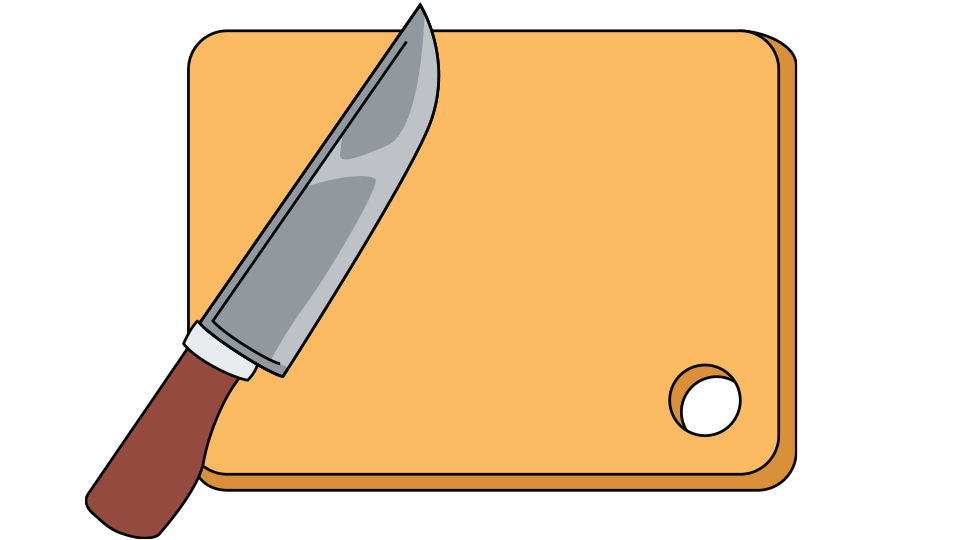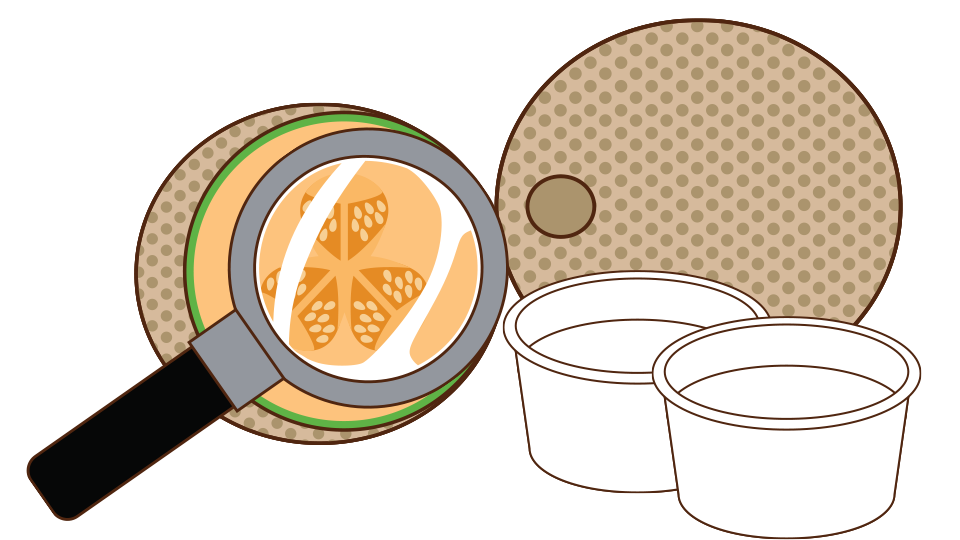About
Purpose
The purpose of this lesson is to introduce a new food to the children in your classroom. The more times children are exposed to new foods, the more likely they are to eat and enjoy these foods in the future.
Overview
In this lesson, children will describe what a melon such as cantaloupe looks like under a magnifying glass. Children will also share if they like how a melon feels, smells, and tastes.
Learning Objectives
- Children will complete the first of four melon tasting experiences.
- Children will describe what a melon looks like under a magnifying glass.
Teaching Objectives
- Teachers will model healthy eating behavior for children.
Teaching Tips
- Young children are more likely to try a new food if the behavior is modeled by an adult.
- Children may not want to try a new food. Encourage each child to take one bite.

